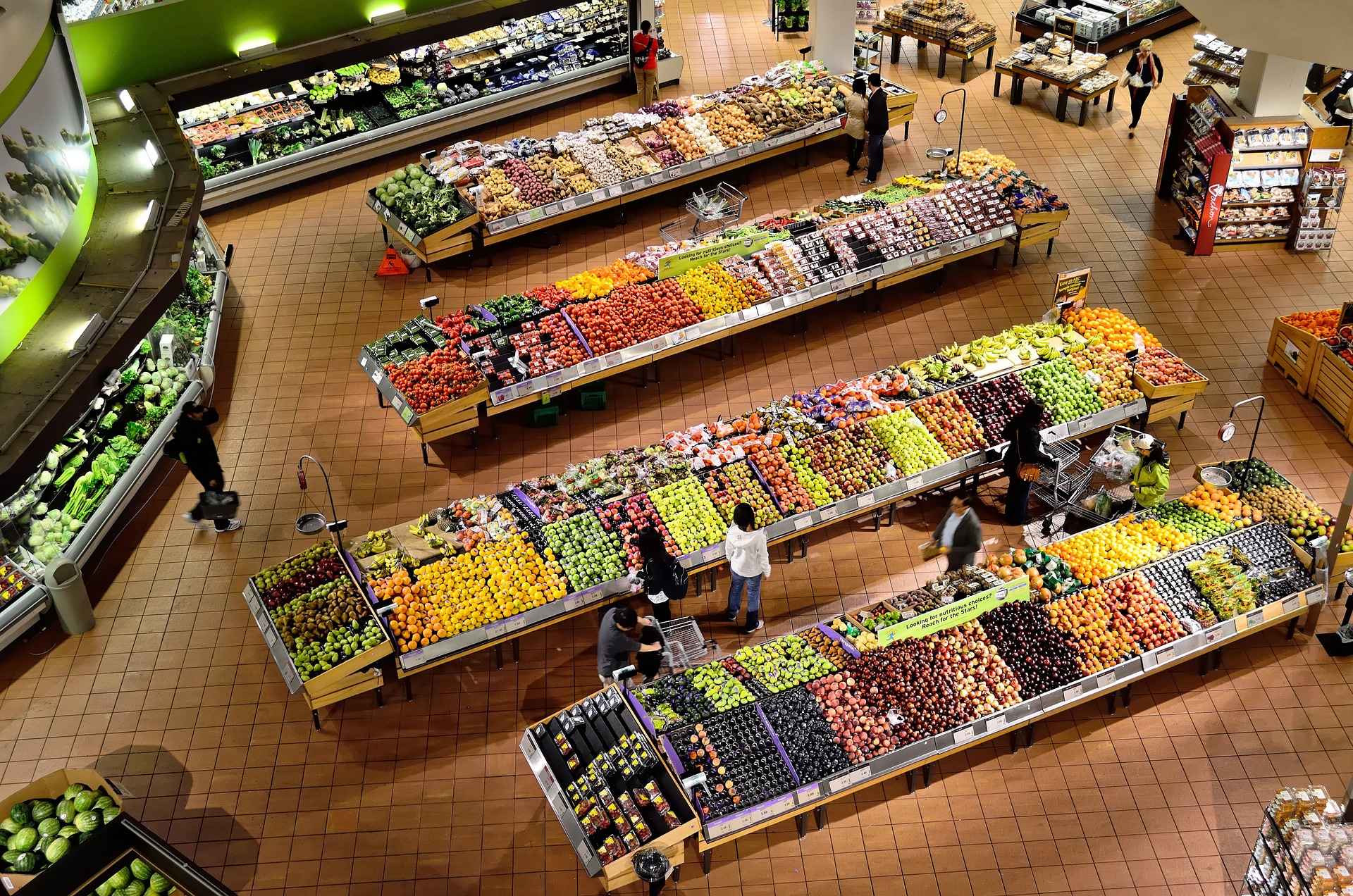
Ōtautahi – Consumer NZ’s national research has found most Kiwi renters are more concerned about putting food on the table than paying for a roof over their heads.
Food prices are up 12 percent year on year, the highest increase since 1989. Food concerns have been steadily creeping up over the last 18 months. But this is the first time Consumer NZ has seen food worries outstrip housing, Consumer NZ head of research and advocacy Gemma Rasmussen says.
In June 2021, food ranked as the eighth highest financial concern with New Zealanders more worried about education costs, personal debt and even home maintenance outgoings than food. Fast forward to 2023 and the number one financial concern is mortgage payments, followed by food and then rent.
Consumer NZ has been calling on the major supermarkets to end dodgy pricing practices and promotions in the wake of cost-of-living woes.
“At a bare minimum, shoppers need to be able to trust the prices they see at the supermarkets, so they can make informed choices” she says.
“New Zealanders have been sending us examples of shelf pricing failing to match the price charged at the till, special prices matching regular prices and multibuy offers which work out to be more expensive than purchasing items individually.
“Our research shows that people are more likely to buy a product if it’s on special. Given cost-of-living pressures that many households are experiencing, many people are doing their best to reduce costs buying products they perceive to be special. This leaves shoppers vulnerable if the sales are not genuine.”
Consumer NZ says it has sent open letters to the chief executives of Foodstuffs North and South Island, and the managing director of Woolworths outlining dodgy pricing and how it could breach the Fair Trading Act giving them a month to clean up their pricing practices.
Off the back of the Commerce Commission market study into the grocery sector, it was left to the supermarkets to take responsibility for ensuring pricing and promotional strategies are simple and easy to understand. Consumer NZ believes Foodstuffs and Woolworths are failing to do this.
“With colder months ahead, many households are bracing for higher energy costs as well as pricier food bills. Nearly half (45 percent) of households are planning to set aside more money for groceries as costs increase, compared to June 2021, when one in four households set aside additional funds.”
“We’re urging the supermarkets to get this right. If people see dodgy specials at the supermarket, send evidence to playfair@consumer.org.nz and support Consumer NZ’s campaign to end dodgy supermarket pricing specials.”
Consumer NZ is an independent, non-profit organisation dedicated to championing and empowering consumers in Aotearoa.

